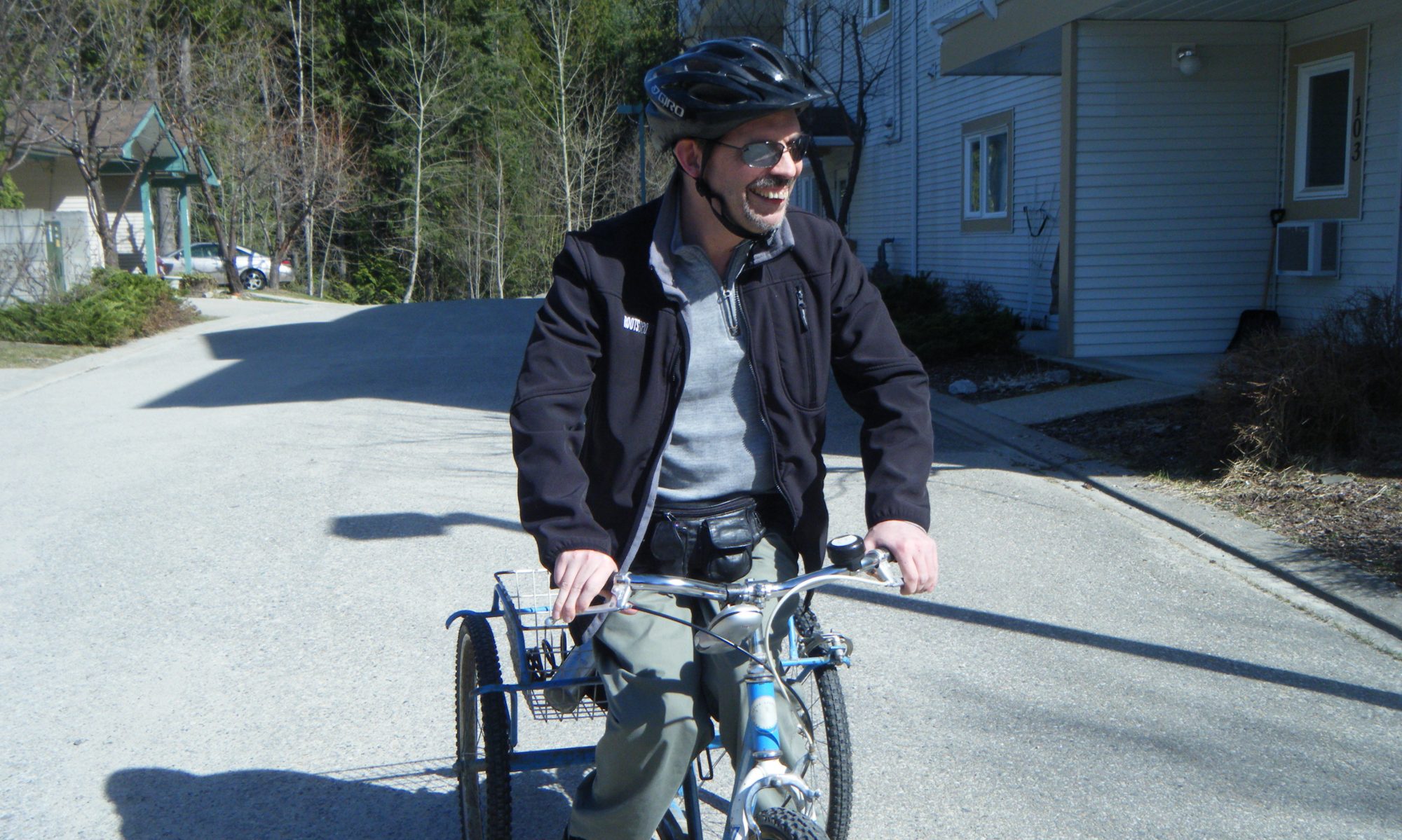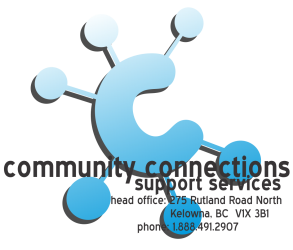Hey there everyone and welcome to the ZEN ZONE, where we have taken time out each Friday in April to zoom in on stress management information, resources, and strategies.
Some of the questions we’ve looked at this month were:
- What is stress?
- Where does stress come from?
- How can we best respond to stress in the moment?
- How does stress cause damage?
As we’ve been exploring our own stress management strategies this month, we can check in on how things went.
Did you use The Stress Management Society’s 30 Day Challenge resources to find strategies that worked for you? Did you track the activities you did for physical, mental and emotional wellbeing? Which tips and tricks worked best for you? Did you learn something new about managing stress this month?
At the end of the day, we are all different – and our best stress management strategies will all be different too!
Making the Zen Zone part of our health and safety month this year has been about exploring new ways to look at stress, trying new ways to manage stress, and (hopefully!) feeling the difference that managing stress proactively can make in our daily lives. Let us know how it went in the comments!




